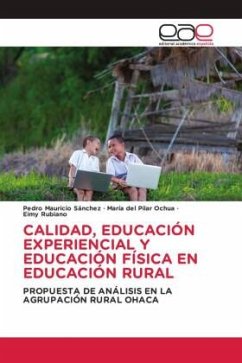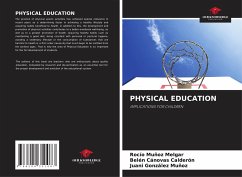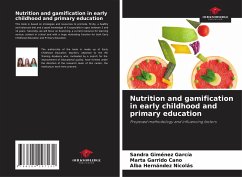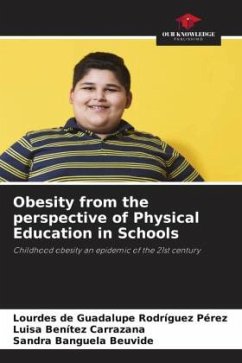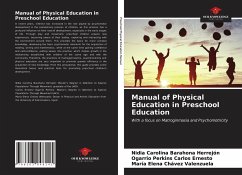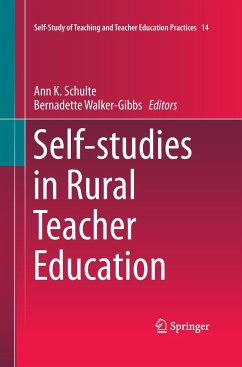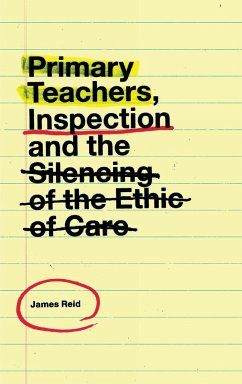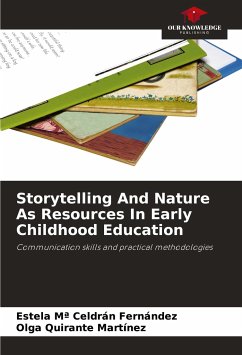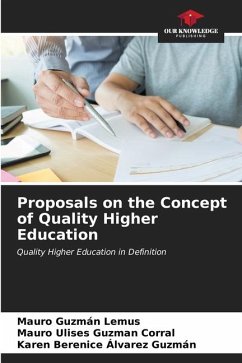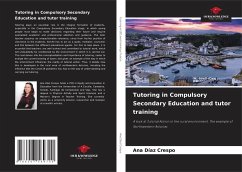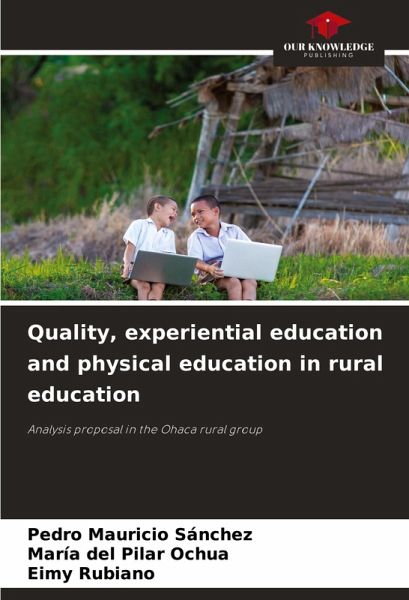
Quality, experiential education and physical education in rural education
Analysis proposal in the Ohaca rural group
Versandkostenfrei!
Versandfertig in 6-10 Tagen
56,99 €
inkl. MwSt.

PAYBACK Punkte
28 °P sammeln!
This document corresponds to a doctoral thesis developed from the Doctoral Program in Education of the Benito Juárez G. University of Mexico. The objective of the research is to analyze which theoretical, pedagogical and conceptual characteristics of the experiential education model can contribute to the educational quality in cycle II (3rd, 4th and 5th) of elementary school of Agrupación Rural OHACA (Bogotá DC), from the scenario of the pedagogical processes developed in the area of physical education. The methodology is based on a hermeneutic qualitative approach with elements of the soci...
This document corresponds to a doctoral thesis developed from the Doctoral Program in Education of the Benito Juárez G. University of Mexico. The objective of the research is to analyze which theoretical, pedagogical and conceptual characteristics of the experiential education model can contribute to the educational quality in cycle II (3rd, 4th and 5th) of elementary school of Agrupación Rural OHACA (Bogotá DC), from the scenario of the pedagogical processes developed in the area of physical education. The methodology is based on a hermeneutic qualitative approach with elements of the socio-critical paradigm. The Action Research in Education method allows a non-experimental design and a descriptive scope. The proposal is based on the theoretical development of six conceptual categories, namely: experiential education, elementary school, rural education, physical education, educational quality and transversal competencies.



